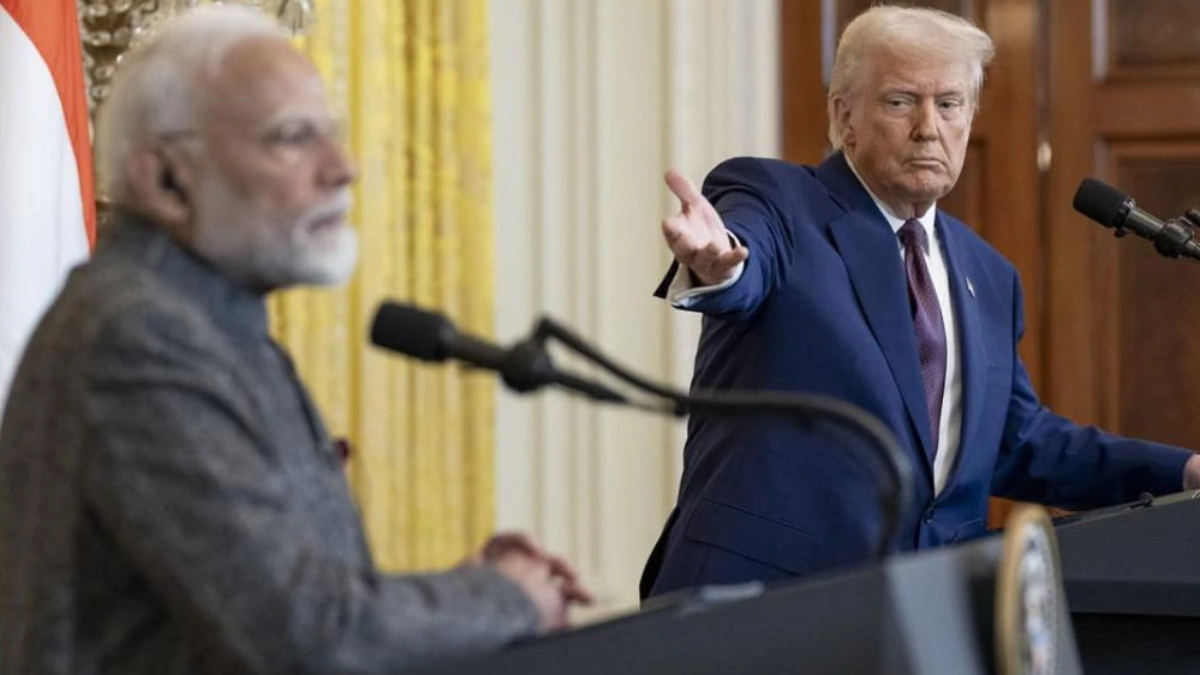
Summary – The US President’s mention of secondary sanctions signals potential shifts in international trade and diplomacy affecting global alliances and economic stability.,
Article –
The recent indication by the United States President regarding the potential imposition of secondary sanctions linked to punitive measures on India marks a significant moment in international diplomacy and economics. This move shines a spotlight on geopolitical tensions and their wider implications.
Background
Sanctions are restrictive actions taken by countries to influence the behavior of other nations. In this case:
- Primary sanctions are directed at India due to concerns over certain policies or actions.
- Secondary sanctions extend these restrictions to other countries or entities engaging with India, thereby expanding the reach and impact.
This announcement emerges amidst complex trade and strategic relationships involving India, with triggers likely rooted in disagreements over defense, trade, or geopolitics.
The Global Impact
Given India’s major role in sectors like information technology, pharmaceuticals, and manufacturing, the ripple effects of secondary sanctions could be profound:
- Economic disruptions: Potential disturbances in global supply chains and increased inflationary pressures.
- Trade realignments: Countries maintaining economic ties with India may face penalties, encouraging shifts in international trade routes and alliances.
- Diplomatic complexities: Strained US relations not only with India but with other Asia-Pacific nations striving for diplomatic balance.
Reactions from the World Stage
- India’s stance: Affirmation of sovereign decision-making and mutually respectful international partnerships.
- Global concerns: Allies and trade partners express unease regarding unintended economic consequences of secondary sanctions.
- Multilateral calls: Organizations urge dialogue to mitigate tensions and avoid disruptions.
- Expert perspectives: Secondary sanctions might serve as deterrents to India and others considering policies contrary to US expectations.
What Comes Next?
Key considerations going forward include:
- Monitoring the application of secondary sanctions and potential retaliations or negotiations.
- Possible acceleration of realignments in global trade and geopolitical networks, particularly among emerging markets.
- Challenges surrounding sovereignty, economic interdependence, and the authority of extraterritorial sanctions.
- The critical role of multilateral diplomacy and global governance in managing this evolving situation.
Businesses, governments, and international entities must reassess risk and strategy amid growing geopolitical complexities. The outcome of these developments will likely influence not only bilateral relations but also the broader trajectory of global economic stability and growth.

